
MAY 2020 (VOL.152)
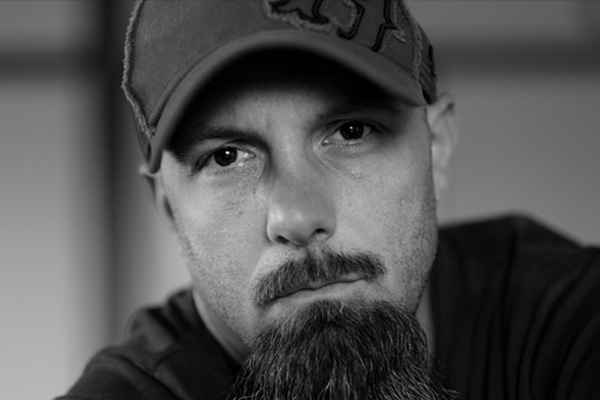
What do you do in Japan? Can you talk about your job in Japan?
In 2012, I joined with David Michaud, the founder of “Tokyo Safari” in 2009, to promote our cities with a different approach based on photography and meeting with locals. In 2019, our team has grown well and will celebrate our 10 years since opening. Our clients appeal to us to understand our perception of Japan through the experience of our daily life, to allow our experimental knowledge and the information they can’t find in books, meeting with artisans, and chatting with locals who have become our friends over time. Having a small photography class and the pleasure of bringing back different photos from other tourists is a very nice job because it’s a permanent exchange with our customers. During all these years, I learned a lot from my customers in many areas. One day a client told me: “You are kind of a geisha but with a beard”.
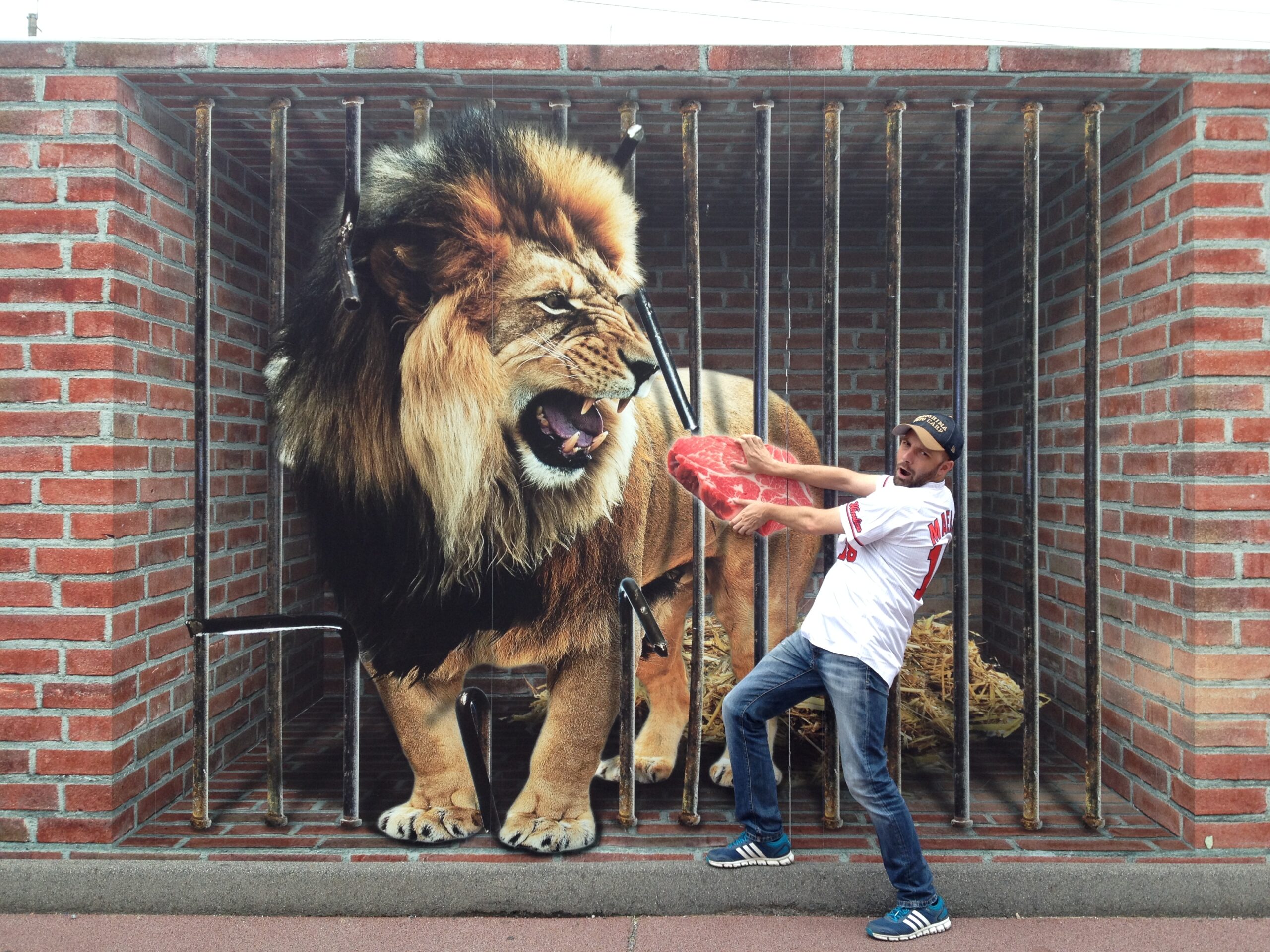
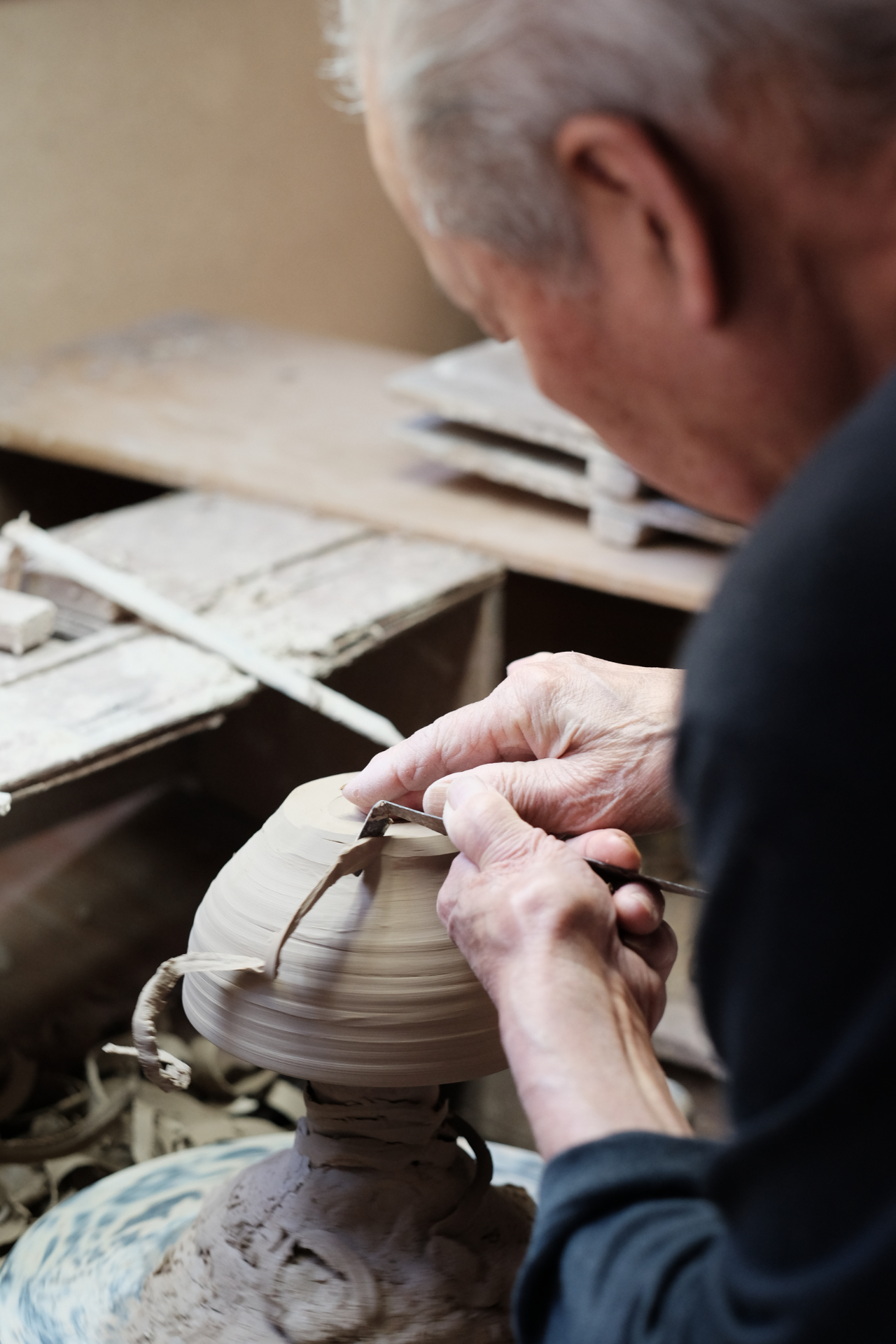
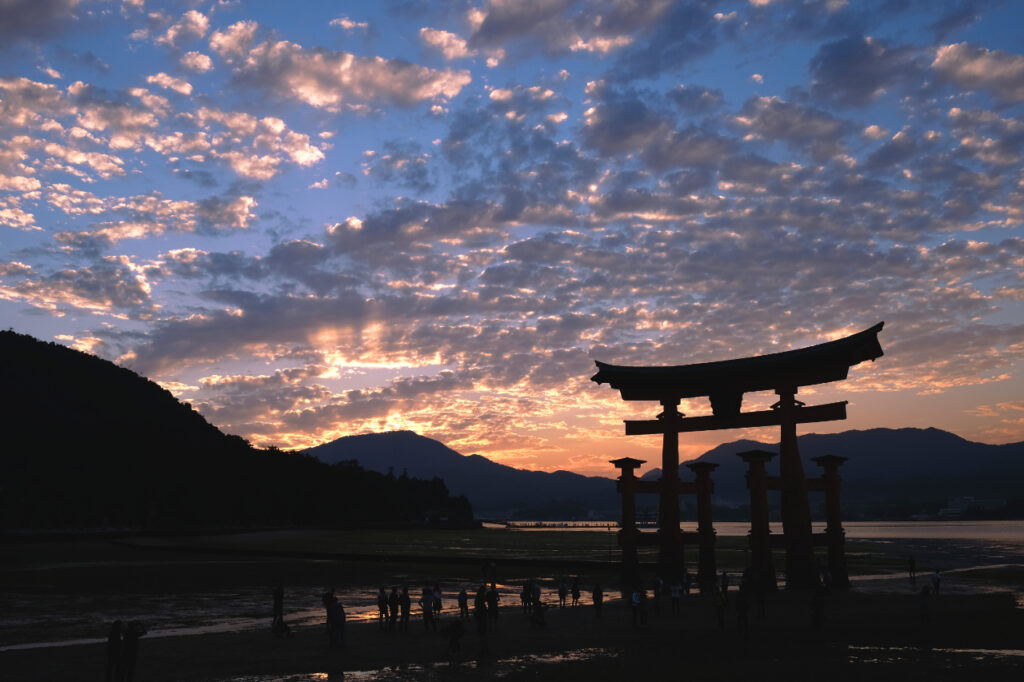
Where do you live? Why did you choose to live there? How do you feel to live there?
I live in Hiroshima where my wife was born, and she still works here. It’s a very nice place to live. It’s quiet, no rush, nature is everywhere, local food is excellent, and the people are very friendly. I live only 28 min away by train from Miyajima, which is the most iconic figure in Japan “the Ootorii”. I spend 100 days a year in Miyajima to take my clients. We have the Hiroshima Toyo Carp (our baseball team). People are very enthusiastic about baseball.
What parts of Japanese culture do you recommend that foreign people try to experience?
Sumo! Please come early in the morning to see the sumotori’s warm-up, all of them can do a full split! Kagura from Hiroshima, which is the traditional dance and music, is nice to see. Taiko, you feel the energy of Japanese drums.
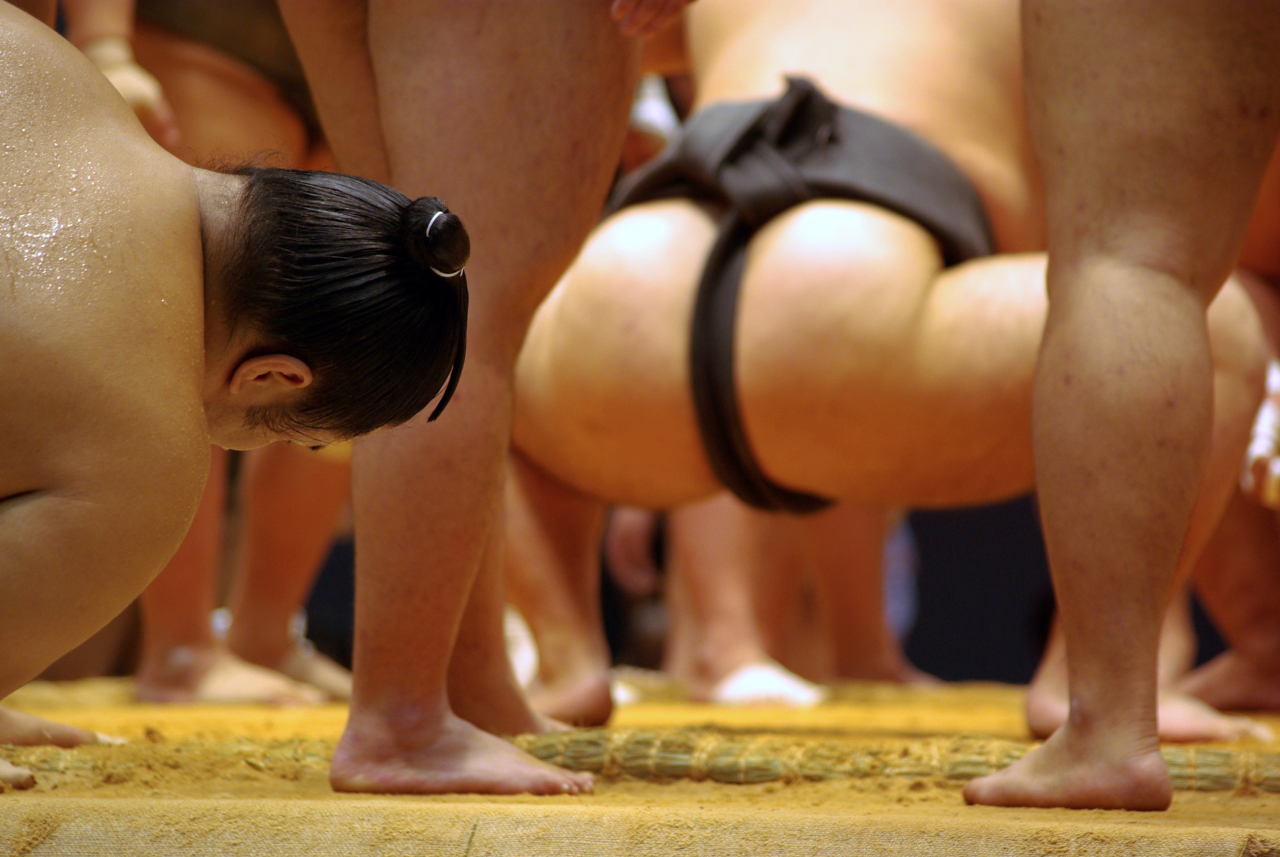
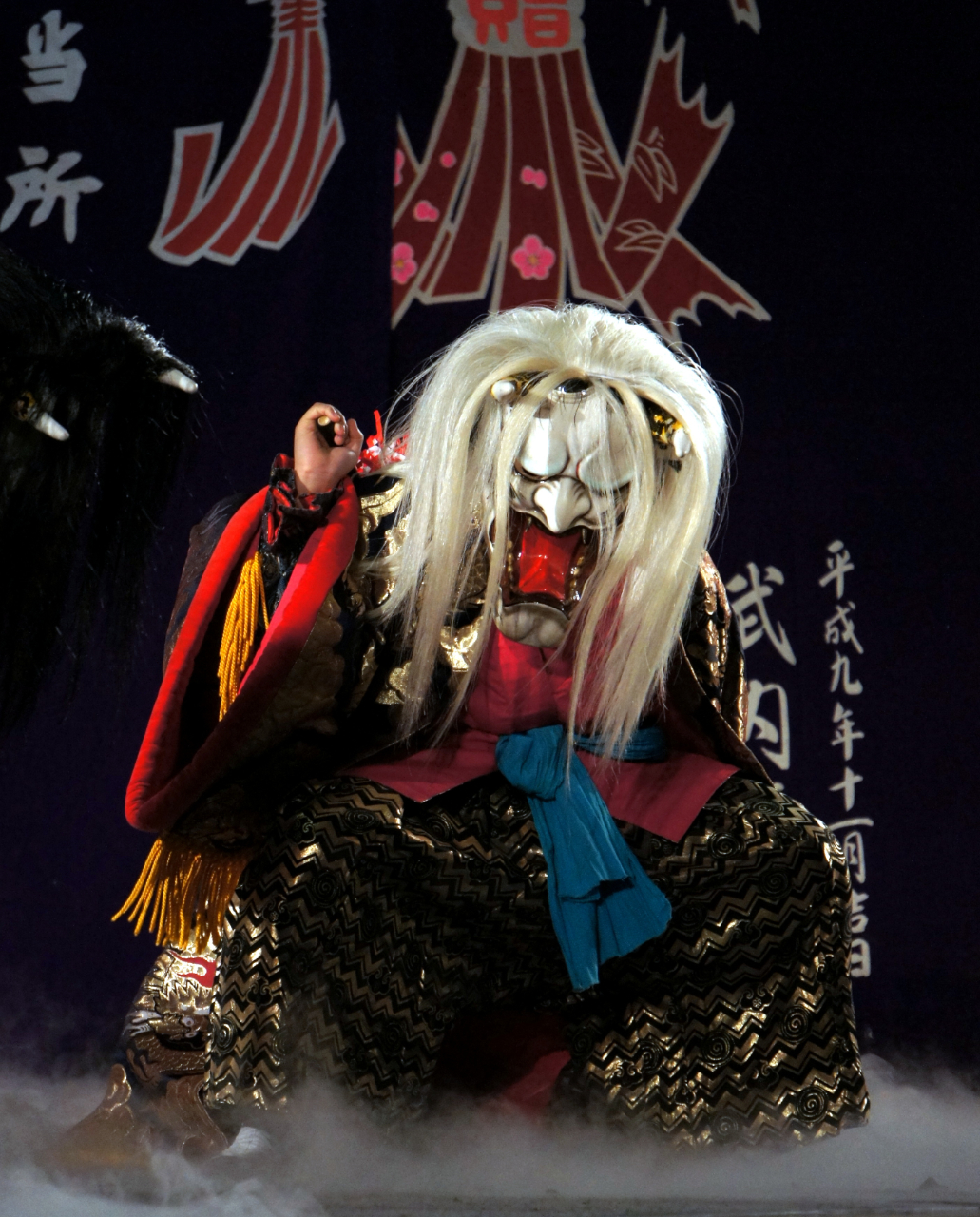
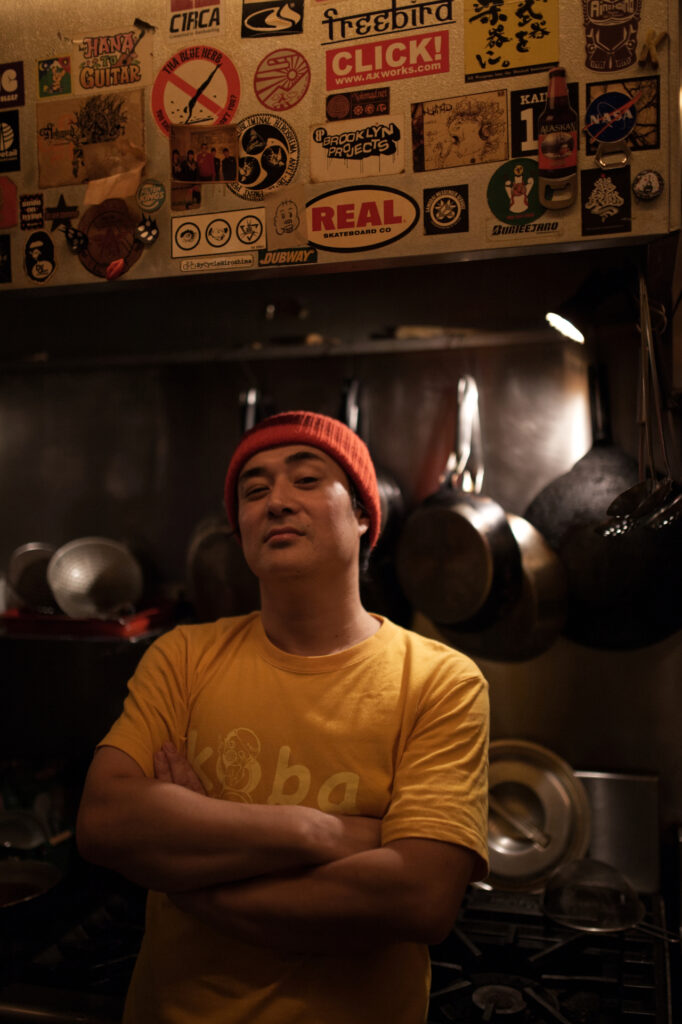
Are there any aspects of the Japanese culture or its people that you find bizarre or unique?
The silence or/and non-verbal communication. I love to speak a lot, and especially in my job, I feel it’s uncomfortable if I just walk with my customers without telling them anything. Some said that this “silence” came from the Zen. Since two and a half-century of isolation, Japanese people nowadays seem to know what other Japanese people are thinking without using words.
What are your favorite Japanese foods?
I’m lucky! I love all Hiroshima’s specialties, okonomiyaki, oysters, tsukemen, anagomeshi, and momiji manju. I like to find restaurants that are at least 10 years old because usually it’s very good and the owners have many stories to tell you.
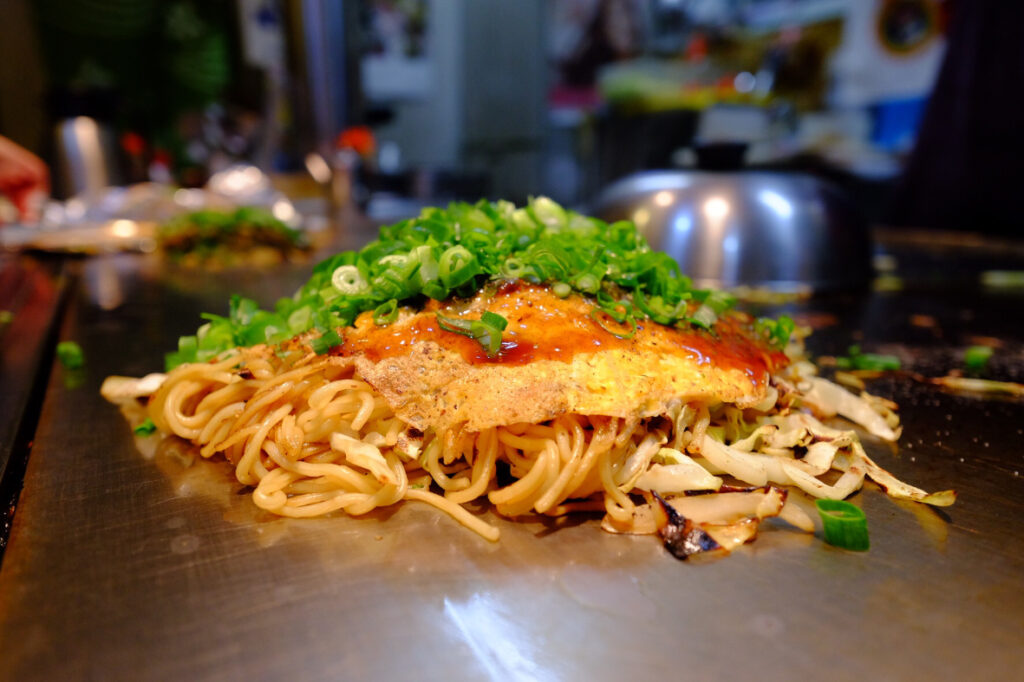
After moving to Japan did you have any funny experiences?
Most of the tourists in Japan have shared the common experience of the “omotenashi”; the Japanese’s hospitality. Some people no longer don’t shed these acts of kindness without any return. One day, in the summer, I was in a restaurant with my clients of the day, I realize that I forgot my camera in a cemetery perched on a hillside 100 meters high. So I ride in the first taxi, and I tell the driver my story. First good surprise, the highest point of the cemetery was accessible by car, and the taxi driver offered to wait for me during my search. I did twice the descent and the ascension there. When I came back to the taxi, he was not in the cab. I thought that he had to go to the bathroom and turn back. Ten minutes later I found my camera on a rock. Once again, I came back to the taxi, there was still nobody. I looked around the surroundings and suddenly, I find my taxi driver at the bottom of the cemetery looking for my camera. It was so kind of him. I called him and made him stop near a vending machine and to offer refreshments. I bowed and thanked him for the hundredth time as the door closed automatically.
V




